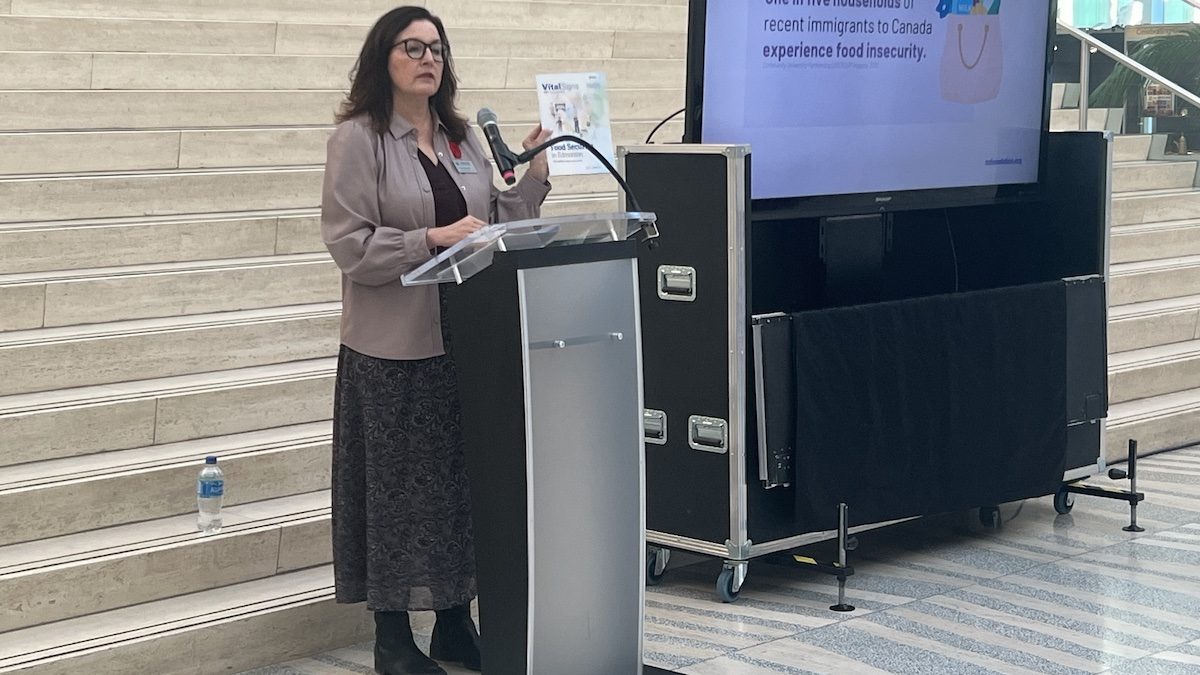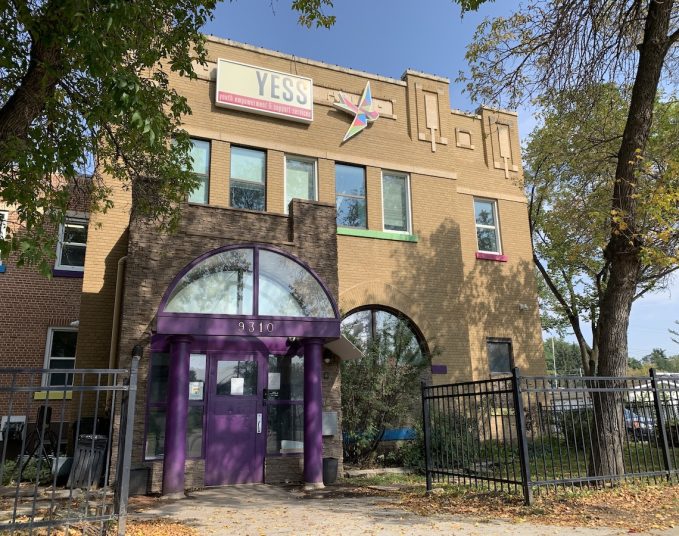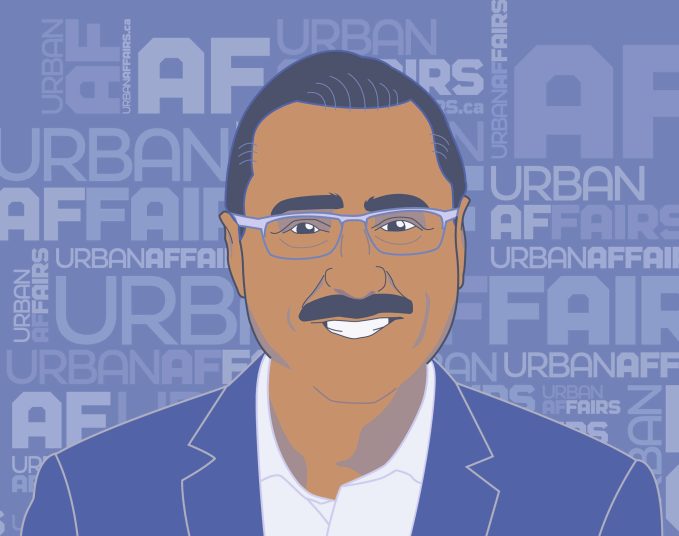Lorne Dach, the NDP MLA for Edmonton McClung, plans to table this piece of sobering information. The living wage for Edmonton now stands at $22.25/hr, far above the provincially mandated minimum wage of $15/hr.
That number, calculated by the Alberta Living Wage Network, was one of the many worrying trends that were presented in the newest Vital Signs, a report prepared by the Edmonton Community Foundation. The report, which focused on (the lack of) food security in Edmonton, was presented Thursday at City Hall.
Susan Morrissey, executive director of the Edmonton Social Planning Council and co-chair of the Vital Signs committee, said the living wage is a composite; because a parent may have access to more funding supports than a person living alone, their needed wages are different. The composite living wage is generated after some comparisons of apples to oranges.
But, using that number, “a family of four is basically living a very modest life,” said Morrissey. “There is some money for rent, someone can go to school, perhaps part-time, they can have cell phones and they can feed their kids.”
And that’s based on the family’s need to access nutritional food — not just the boxed, processed stuff.
According to the report, by the end of 2022 it would cost a family of four $15,306 a year for a healthy, consistent stream of groceries. That was at $10,920 a decade ago.
The Edmonton Food Bank is now serving more than 35,000 clients a month, up from a little more than 30,000 a month a year ago.
“Despite our best intentions, a hamper is not the same as someone going to the grocery store and making their own decisions,” said Marjorie Bencz, the food bank’s executive director.
Morrissey said that, while inflation has surged over the last year, concerns over food security, rents and utilities have existed for a long time.
“Cost of living has continued to go up every year. Every year, we put out the living wage number. In terms of methodology and what we do, that has not changed. It has been going for a number of years.
“But, for this point of time, because more people are feeling the pinch. Not just because the cost of rent is going up, but the cost of food is going up. I know that when I go to the grocery store, ‘I’m pretty sure I didn’t pay that much for it the last time I was here.’
“Many more people are becoming more aware because more people are experiencing the pinch and having to make some choices.”
Now, it’s unlikely that Dach’s move in the legislature is going to make the government change the minimum-wage standards anytime soon, so Morrissey urges employers to join the Alberta Living Wage Network, and make the pledge to meet those standards, not the minimums set by the Province.
Savvy AF. Blunt AF. Edmonton AF.




